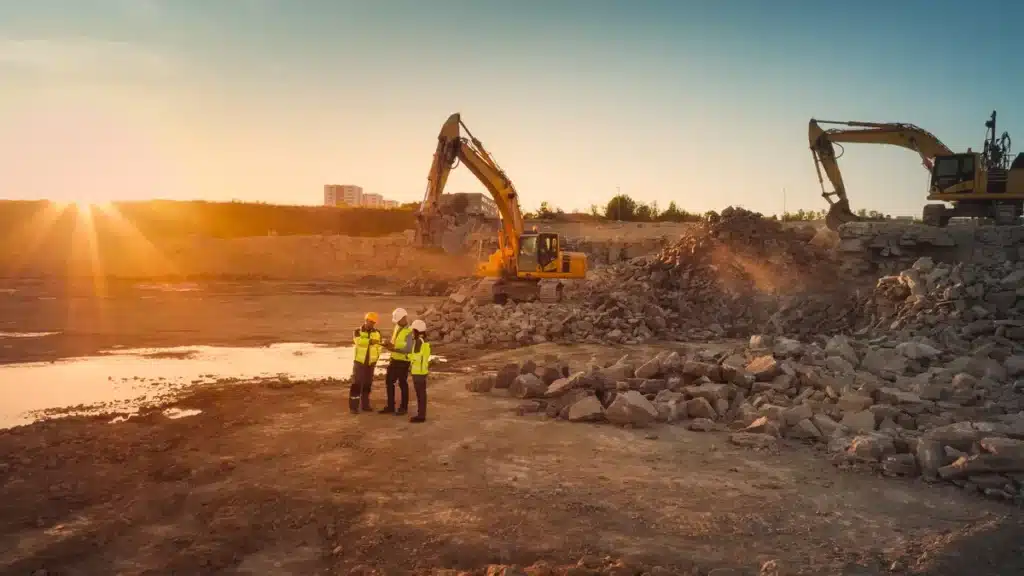NEPA Permitting Changes: What They Mean for Projects and Permitting Timelines
The new NEPA permitting changes took effect in April 2024, marking a significant shift in how federal projects in the United States undergo environmental review. While compliance with NEPA remains mandatory, the regulatory framework guiding these reviews is changing dramatically. These changes bring new opportunities but also challenges for developers and construction professionals.
What Are the NEPA Permitting Changes?
The Council on Environmental Quality (CEQ) rescinded the previous NEPA implementing regulations, requiring federal agencies to develop or revise their own environmental review procedures within the next year. These NEPA permitting changes aim to accelerate permitting processes and reduce regulatory burdens that historically delayed project approvals.
Impact on Project Timelines
| Aspect | Before NEPA Permitting Changes | After NEPA Permitting Changes |
|---|---|---|
| Environmental Review Process | Guided by CEQ regulations since 1978 | Agency-specific regulations coming soon |
| Approval Timelines | Often lengthy and unpredictable | Expected to be faster and more streamlined in light of NEPA permitting adjustments. |
| Multi-agency Coordination | CEQ provided unified framework | Risk of inconsistent agency approaches |
| Legal Challenges | Frequent NEPA litigation | Potentially more legal disputes during transition |

What Developers and Construction Professionals Should Expect
For developers managing projects requiring federal permits, these NEPA permitting changes could affect everything from documentation requirements to project schedules. While agencies are encouraged to adopt streamlined 2020 regulations as a baseline, the actual implementation will vary. Developers should prepare for:
- Different environmental review procedures depending on the agency involved.
- Potential inconsistencies that could complicate multi-agency projects.
- Ongoing legal challenges as new regulations undergo public comment and review.

Recent Emergency Measures Illustrate the Tension
In April 2025, the U.S. Department of the Interior issued emergency procedures allowing energy and critical mineral projects to bypass standard NEPA timelines. These emergency adjustments show a shift in permitting changes, as environmental impact statements can now be completed within 28 days, and environmental assessments within two weeks. Although this applies only to DOI-managed lands, it highlights the ongoing tension between speeding up permits and maintaining thorough environmental analysis.
In the short term, expect continuity in environmental reviews. However, over the next year, federal agencies will unveil their own NEPA regulations, which may significantly alter permitting timelines. Smart developers will stay informed about these changes and adapt their project planning accordingly to navigate the evolving landscape successfully.
ArchUp is your platform to follow everything “Architectural“: news, analyses, and designs from the heart of the modern architectural movement.







